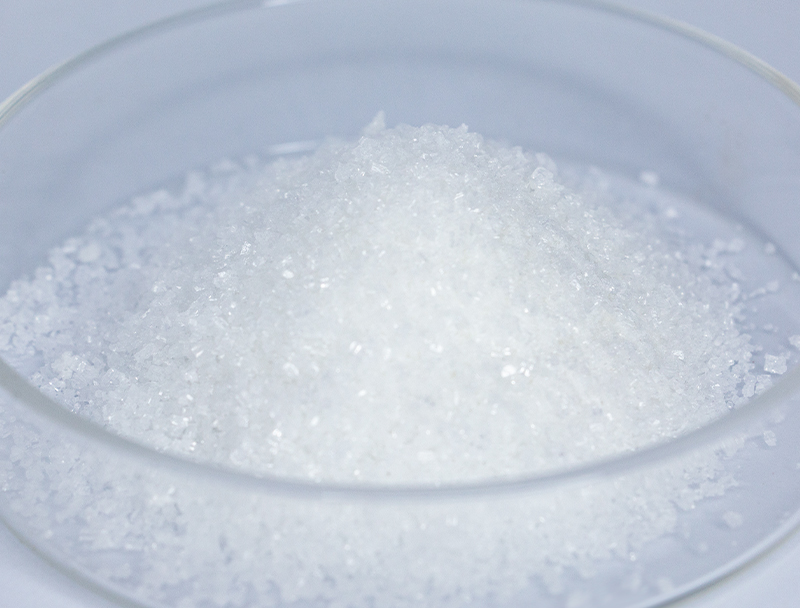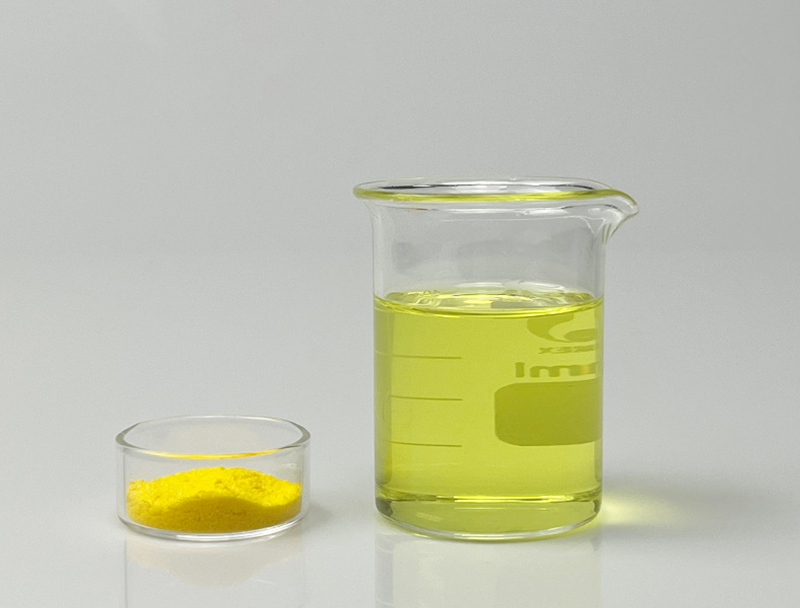
Industrial biosynthesis counts extensively on a wide assortment of biomass sources to supply inventive bioproducts.
Assuring ethical acquisition of feedstocks is vital for future-proofing and moral progress in biomanufacturing.
multiple challenges associated with traditional raw material procurement like ecosystem disruption and unsustainable harvesting. Therefore, biomanufacturing companies must actively seek out alternative sourcing strategies to minimize their ecological footprint.
- Illustrations of eco-conscious sourcing involve:
- Using repurposed agricultural residues as substrates
- Operating reuse-focused platforms to lower discard and increase efficiency
- Connecting with nearby vendors prioritizing responsible supply
Such a move to ethical procurement delivers ecological gains and commercial returns over time.
Tuning Feedstock Characteristics for Higher Biofuel Efficiency
Enhancing biofuel output is grounded in superior feedstock characteristics. Experts maintain efforts to discover ways to maximize feedstock value, leading to higher yields of biofuels and a more sustainable energy future. Efforts pair genetic enhancement for feedstock abundance with advanced pretreatment to produce usable sugars.
- Similarly, research probes algae, byproduct streams, and harvest remnants as potential sustainable sources to augment biofuel feedstocks.
- As a result of relentless efforts the industry should deliver significant enhancements paving a path to sustainable energy.

Biopharmaceutical Production: Innovations in Upstream Processes
covers the early phases of biopharma production including culturing and biological harvesting Modern progress within the sector has contributed to more efficient processes and higher production.
Crucial progress includes proprietary cell systems, optimized growth media, and adaptive bioreactor architectures. These developments raise yield and cut costs as well as diminish environmental consequences.
- Also, evolving practices favor continuous flow processing which supports more agile upstream control.
- This transition to advanced manufacturing techniques is set to transform the sector and accelerate therapeutic timelines.
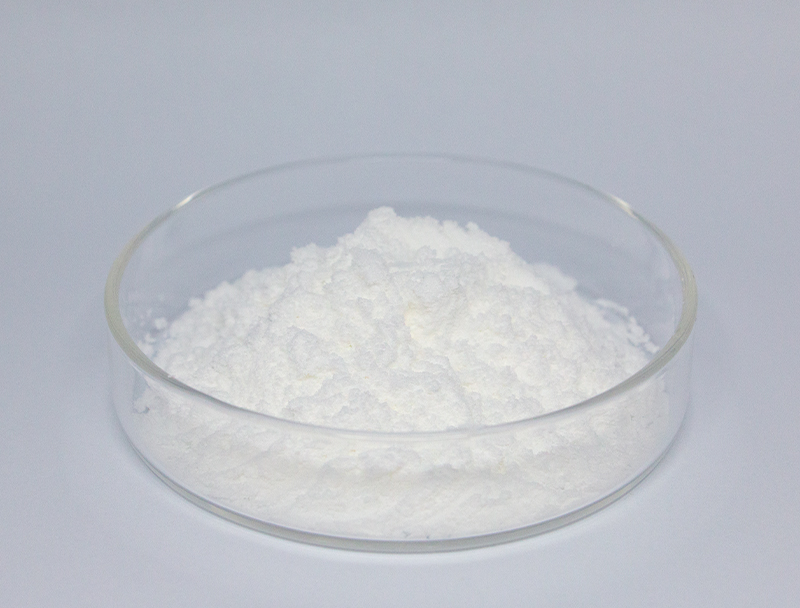
Gene Editing Breakthroughs That Elevate Biopharma Output
developments in targeted genetic engineering methodologies have modernized drug manufacturing. Using precise gene interventions, engineers raise the output of key therapeutic proteins. The technique provides opportunities to manufacture economical, high-yield therapeutics for varied indications.
Microbial Biotechnology as a Sustainable Cleanup Strategy
novel biological remediation techniques leveraging microbial metabolisms for pollution control. Microbial communities can biotransform hazardous materials into lower-risk substances. Leveraging microbial biotransformation promotes sustainable remediation that curbs industrial environmental impacts.. Researchers screen diverse microbial taxa for metabolic pathways suited to remove heavy metals, pesticide residues, and hydrocarbon contamination.. They can be integrated into bioreactor platforms or introduced in the field to stimulate microbial breakdown of hazardous compounds..
Biological remediation using microbes yields meaningful benefits compared to conventional strategies. Microbial remediation can cut expenses and limit harmful secondary emissions. Also, microbial interventions offer targeted remediation that minimizes collateral ecosystem disturbance. Research efforts persist to upgrade the potency and implementation of microbial remediation strategies.
Informatics-Driven Strategies for Drug Design
Bioinformatic tools play an increasingly crucial role in the modern landscape of drug discovery and development. From target discovery through candidate optimization, bioinformatics facilitates streamlined, hypothesis-guided workflows.
- Using extensive genomic, proteomic, and patient data, analysts discover targets and anticipate therapeutic performance.
- Also, in silico modeling of molecular interactions accelerates optimization toward more selective therapeutics.
- Finally, bioinformatics is revolutionizing the drug discovery and development process, accelerating the time to bring safe and effective treatments to patients in need.
Metabolic Design Approaches to Boost Bioproduct Yields
applies assorted techniques to boost microbial synthesis of valuable compounds. Programs use genetic redesign of metabolic networks, dynamic regulation of expression, and addition of heterologous genes to unlock new capabilities. Via targeted metabolic optimization researchers can meaningfully escalate production of desired biochemicals.
Such holistic engineering could impact many areas including medical therapeutics, agricultural outputs, and biofuel production.
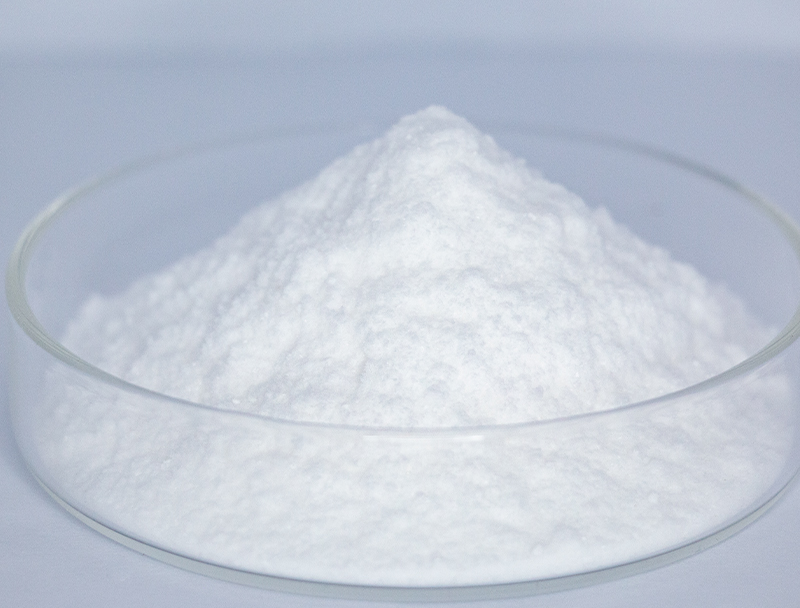
From Lab to Plant: Challenges and Opportunities in Biomanufacturing Scale-Up
Scaling up biopharmaceutical production presents both significant challenges and exciting opportunities. A primary obstacle is ensuring uniform quality control as volumes rise. Meeting the need calls for dependable control systems, granular monitoring, and cutting-edge analytical methods.
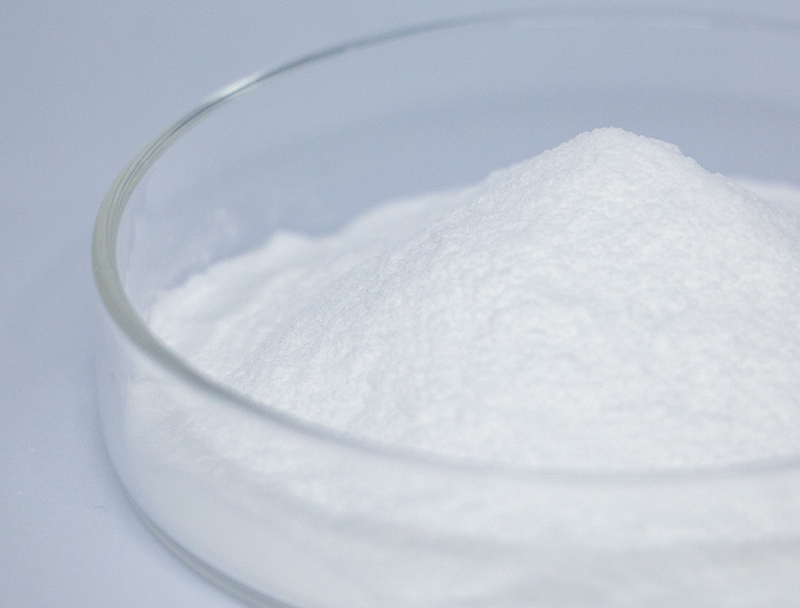
Also challenging is the layered complexity of biomanufacturing encompassing numerous sequential steps.. Scaling optimization is a resource-intensive task that calls for substantial innovation and study.. Despite challenges, the benefits may be considerable. Successful industrialization can broaden availability, trim costs, and raise profitability.
Multiple programs focus on resolving scale-up difficulties. Approaches include cutting-edge process optimization tech, comprehensive analytics for control, and disruptive manufacturing designs.
- Development efforts are also playing a crucial role in advancing biopharmaceutical production capabilities.
- Regulatory bodies are modernizing pathways to accelerate approval of advanced production technologies and support innovation.
Regulatory Strategies for Biopharma Compliance and Patient Protection
The development of biopharmaceuticals is a complex process that requires stringent regulatory oversight to ensure both patient safety and product efficacy. Biopharmaceuticals, often derived from biological sources, present unique challenges compared to traditional medications.
Authorities including the FDA and EMA implement guidelines and thresholds to assess and approve novel biologic products.
Extensive evaluation procedures are essential across development phases, spanning preclinical work to post-market checks.. These steps are designed to surface risks and verify that biopharmaceuticals comply with elevated safety thresholds..
Similarly, regulators iteratively adjust approaches to accommodate emerging biopharmaceutical breakthroughs.. Policies involve deploying novel tech and expediting development while preserving commitment to patient safety.
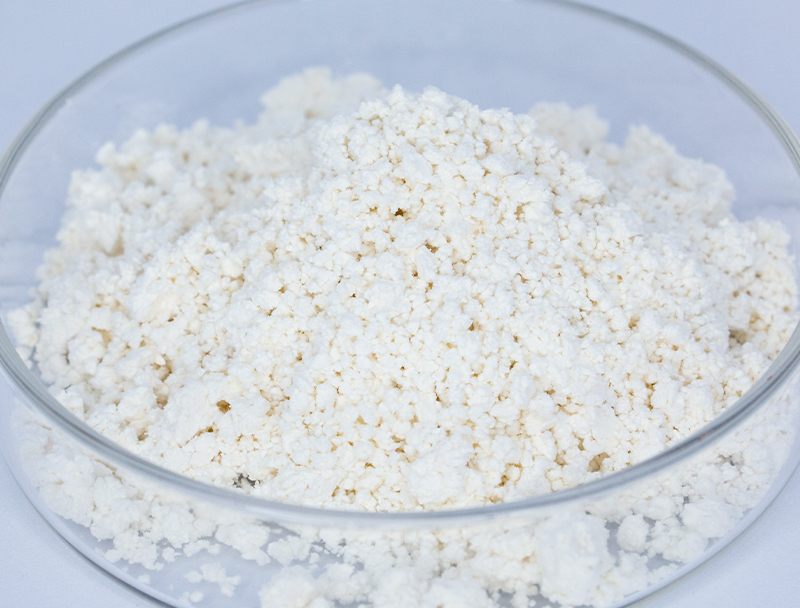
Plant-Origin Feedstocks in the Production of Bioplastics
A stronger push for environmentally responsible materials is driving research into renewable options. Converting plant biomass into bioplastics offers a credible pathway to environmentally sound products. Renewable inputs including cornstarch, cellulosic matter, and sugarcane biomass can be processed into biodegradable plastics that minimize long-term pollution.
Concurrently, several bioplastic formulations approximate conventional plastic traits and serve wide-ranging applications. Continuous R&D will drive plant biomass into scalable bioplastic manufacture and help establish closed-loop material systems.
This Emerging Impact on Public Health and Food Systems
Advanced biotech approaches can reshape healthcare delivery and enhance agricultural resilience. By harnessing genetic engineering, synthetic biology constructs, and advanced cell therapies, technologists deliver capabilities to reduce disease burden, raise crop outputs, and increase food value. To illustrate, modified plants designed for pest resilience and environmental tolerance can raise outputs and reduce pesticide application.. Concurrently, biotechnology drives development of immunotherapies, antibiotics, and diagnostics that play a key role in controlling diseases and improving 2-Ketoglutaric acid health metrics. With persistent development, biotech stands to offer transformative solutions for global health and long-term food security.
